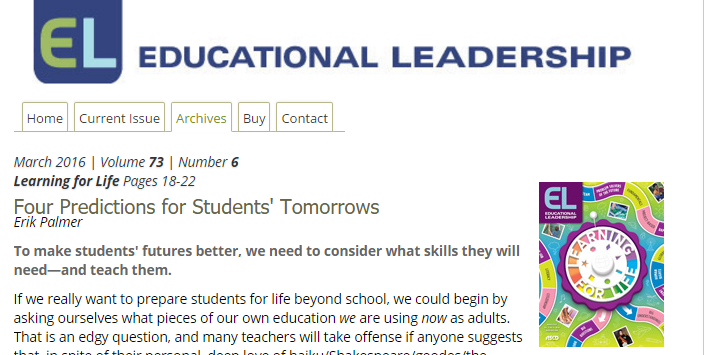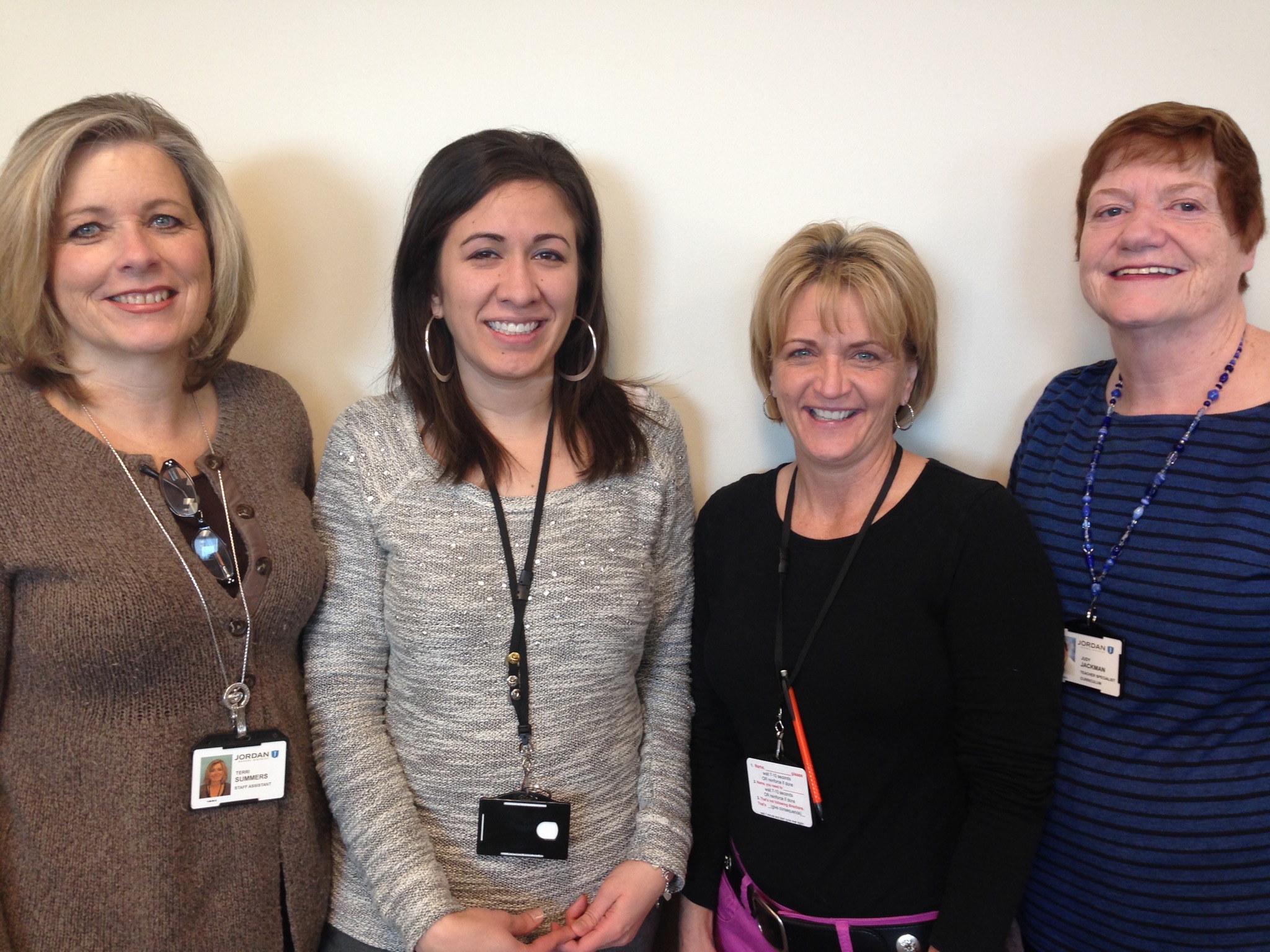Welcome Back to School!
Top Dozen To-Do
Before School Starts by Leslie McCourt-Nussman
- Plan seating assignments (i.e. random, numbered, and alphabetical).
- Determine essential procedures for a smooth-running classroom.
- Over plan!
- Gather lots of teambuilding activities to be used early & during the year. This creates the warm at home feeling of your classroom.
- Post your discipline plan, including rules and consequences. Create these with your class. The students will buy into the classroom rules if you do this in the beginning.
- Identify a location in your classroom to post your daily agenda, and bell ringer.
- Create a daily routine for the first five minutes of class.
- Anticipate and prepare all supplies needed (dry erase markers, corridor passes, stapler, etc.).
- Organize and prepare your classroom so it is ready for learning.
- Think of ways to learn your student's names quickly (i.e. mnemonics, pictures, etc.).
- Introduce yourself to the teachers next door and across the hail.
- Commit to connecting with each student on a daily basis (eye contact, greetings, acknowledgements, quick notes, high fives).
- Create the warm atmosphere in your room with important getting to know you activities that engage your students. I am including a couple for you to use in your classroom this week.
Remember if your first day was not the way you wanted it to go. Re-evaluate and start again with some of these items in mind. Students will respond with some guidance in place and knowing that you care about them. Resources here in Jordan School District- you may want to participate in Classroom Management Courses taught by Buddy Alger and Brian King. You may sign up through JPLS.
Here are more "getting started" ideas and activities.




 We have very likely heard the quote concerning an ounce of prevention. However, when it comes to effectively managing the classroom, many of us forget and attempt in a futile gesture to instead focus on cures. We attempt to stamp out the behaviors instead of finding preventative solutions. According to Bill Gates "treatment without prevention is simply unsustainable." Luckily, we know what works to prevent a majority of behavioral mishaps. Recently, the USOE published the http://www.schools.utah.gov/sars/Behavior/ManualPrint.aspx to help educators understand and implement best practices concerning student behavioral management. On the topic of prevention, they state that "All students benefit academically and socially when their classroom and school environments are positive, preventive, and responsive" (LRBI, 27). So, it is not just a way to relieve teacher stress (though it might do that too). Taking positive actions to control behavior is an essential component of an optimized learning environment. The first pillar in prevention is establishing rules. It would be difficult to overstate the importance that establishing and maintaining rules has in the classroom. Unfortunately, not all rules fall in the effective category. In fact, classroom rules sometimes cause problems they are intended to prevent. In order to ensure that classroom rules bring about the desired consequence of preventing behavioral problems, a few recommendations should be satisfied (LRBI, 28).
We have very likely heard the quote concerning an ounce of prevention. However, when it comes to effectively managing the classroom, many of us forget and attempt in a futile gesture to instead focus on cures. We attempt to stamp out the behaviors instead of finding preventative solutions. According to Bill Gates "treatment without prevention is simply unsustainable." Luckily, we know what works to prevent a majority of behavioral mishaps. Recently, the USOE published the http://www.schools.utah.gov/sars/Behavior/ManualPrint.aspx to help educators understand and implement best practices concerning student behavioral management. On the topic of prevention, they state that "All students benefit academically and socially when their classroom and school environments are positive, preventive, and responsive" (LRBI, 27). So, it is not just a way to relieve teacher stress (though it might do that too). Taking positive actions to control behavior is an essential component of an optimized learning environment. The first pillar in prevention is establishing rules. It would be difficult to overstate the importance that establishing and maintaining rules has in the classroom. Unfortunately, not all rules fall in the effective category. In fact, classroom rules sometimes cause problems they are intended to prevent. In order to ensure that classroom rules bring about the desired consequence of preventing behavioral problems, a few recommendations should be satisfied (LRBI, 28).
